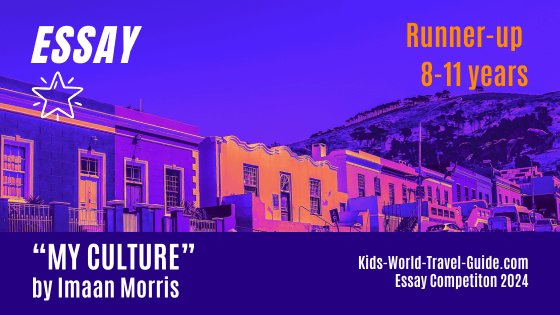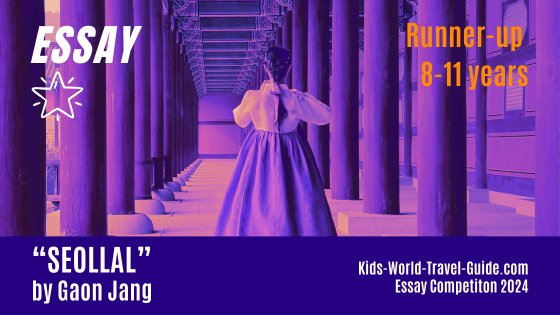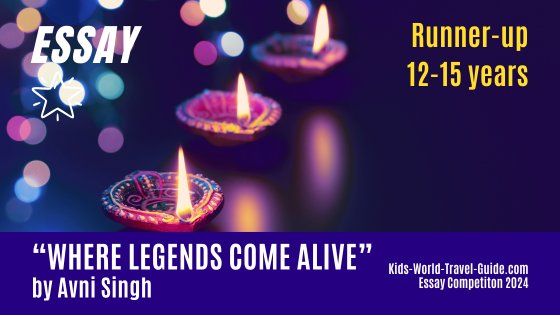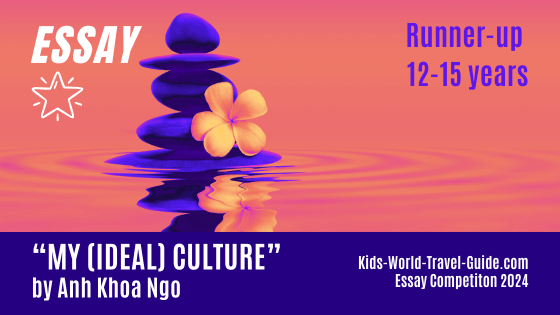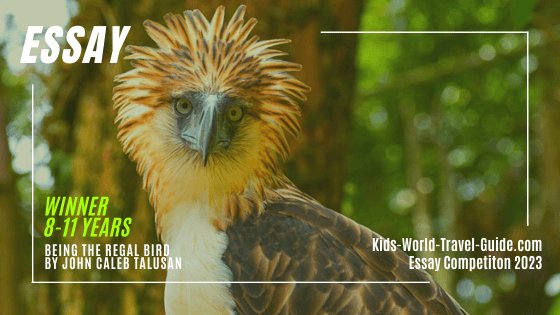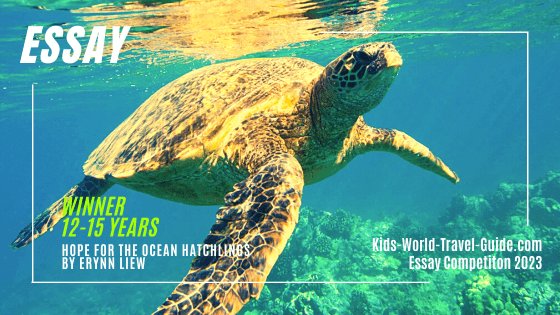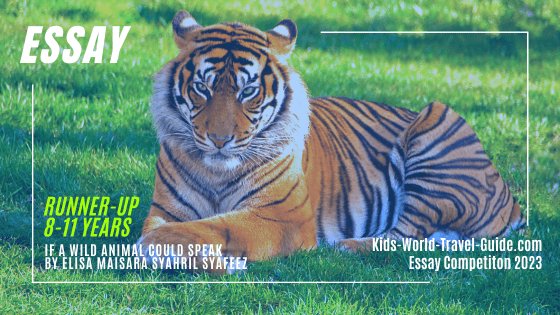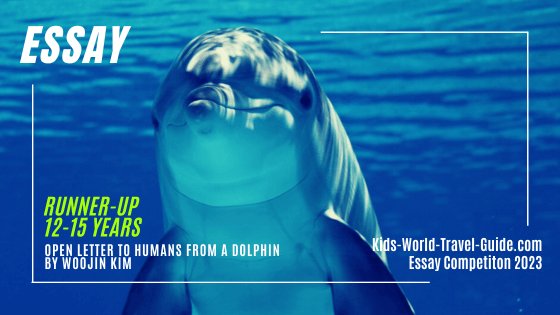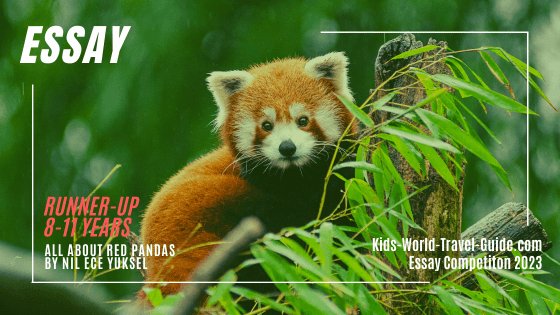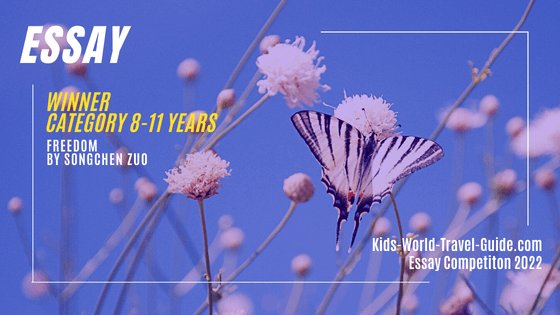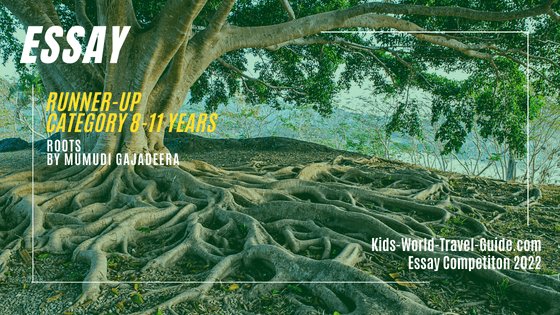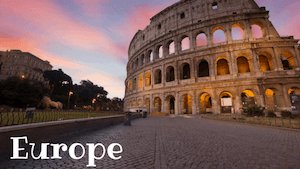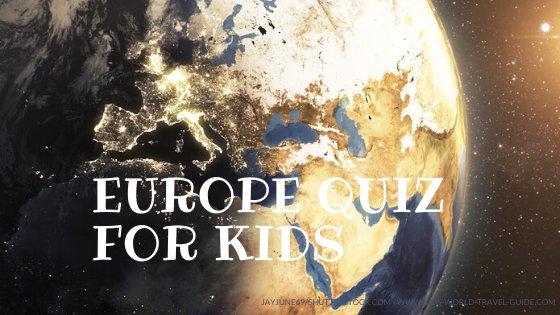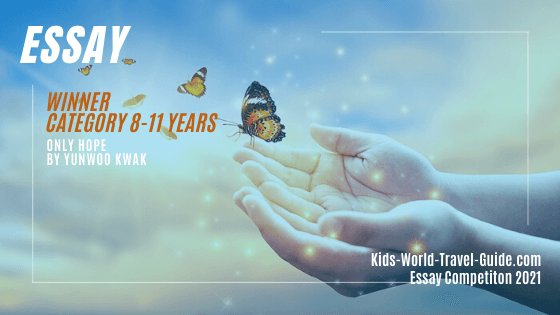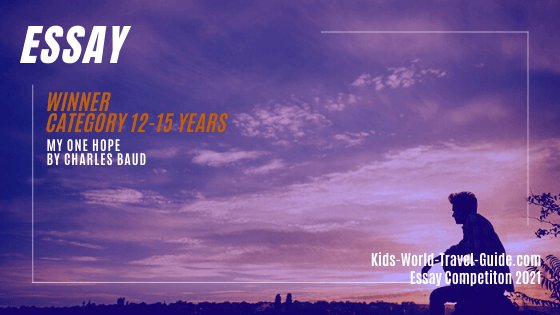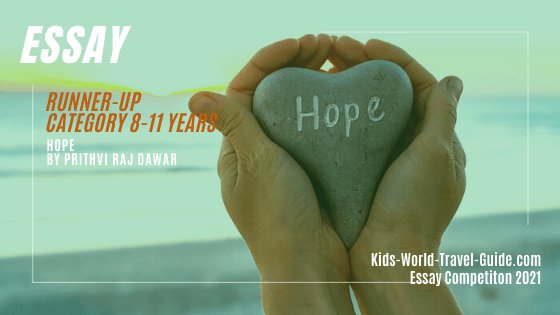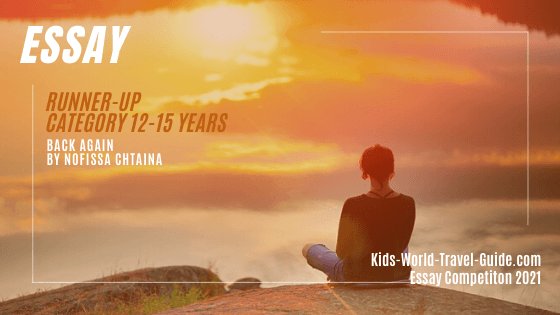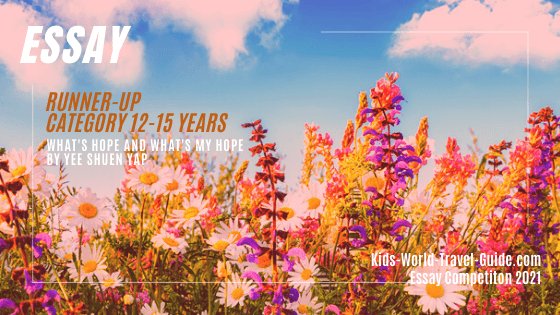- Homepage
- Extraordinary in the Ordinary
Extraordinary in the Ordinary

Commended Entry: "Extraordinary in the Ordinary" by Abigail van Reenen from South Africa
This article was submitted in the Kids World Travel Guide Essay Competition 2023 in the Senior Category 12 - 15 years.
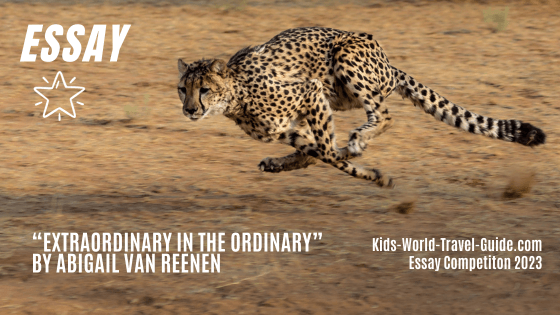
Extraordinary in the Ordinary
We live in a world that’s ever-increasing with knowledge and new technology, but why do billions of tourists still visit nature reserves every year? Why do people travel halfway around the world to see elephants and lions roaming free instead of on a screen?
Some people have a deep understanding and appreciation of wildlife and nature. Others just like to see giraffes with their long necks or warthogs with their stubby legs. But everyone who’s been to a nature reserve can tell you that there’s something extraordinary about encountering animals in their natural habitat.
This past August, my family visited the Kruger National Park, and it was an experience that I will never forget. Every time we saw a new animal, my heart would leap and I would scramble for the best view.
We had so many amazing encounters that I can hardly choose the most memorable one. One late afternoon, we had just watched a leopard descend from a tree and were on our way back to camp. I was sitting in the backseat of the car and sulking a little because I couldn’t get a good look at the leopard. As we turned the corner, rhinos suddenly came into view. We stopped just behind them. To my immense pleasure, I had the whole rear window to see a rhino bull, cow and calf cross the road right in front of me. The disappointment of the leopard seemed like a distant dream.
Another memorable encounter was when we saw one of the great cats. This time it was early morning when we noticed the cars in front of us had stopped and strained our necks for the first look of what had caused the commotion. "A cheetah!" it was declared to be, and I filled with excitement as a saw the lean cat leisurely walk beside our car. He was not fazed by the many cars or all the eyes and camera lenses following him. He just simply kept walking, erect and resolute like a soldier going into battle and then stopped for a minute as if to pose for a photo.
Even though seeing the rhino and cheetah was very special, the most spectacular sighting we had during our trip came after a particularly disappointing day. The morning before, half of our group (myself included) had stayed at the camp and the other half had gone out on an early drive. Up to now, we had not seen any lions up close. Imagine my dismay when the group returned and reported that they had seen two male lions right beside the road! I was in a fit of sorrowful regret for the rest of the morning and even felt that my whole vacation would be ruined if I didn’t see something similar.
On the next morning’s drive I was anxious to see something that would make up for the previous day’s disappointment. I had all but given up hope when we, once again, saw cars stopping in front of us. In no time we concluded what it was: Lions! But there weren’t just two or three, but seventeen lions lying beside the road. We watched with ceaseless amazement how they calmly gazed out across the grassland. I marvelled at the way they would all whip their heads around at a sound they heard, intently stare in that direction, and slowly return to their original positions all in unison. When we eventually left them, I was so pleased that I completely forgot about the regret and self-pity I had felt only half an hour before.
Our vacation in Kruger taught me a lot of things. It obviously taught me a lot about the different animals, their habits, and their beauty. But I also learned that wildlife has an influence on our emotions. It is impossible to encounter animals in the wild without feeling pleasure and content.
It’s not their actions that we find extraordinary, but their uncomplicated natural lives that is so contrasted with our own. Wildlife was designed for us to admire and enjoy, and as we drove home, I felt grateful that wildlife reserves like the Kruger still exist for us to experience.

Congratulations on your essay "Extraordinary in the Ordinary", Abigail. We have to be truly grateful for getting to experience wildlife in their natural habitat and we always shall remember the pleasure we get from these visits and help wildlife in keeping their lives uncomplicated and not intrude their natural habitats. Well done for your reminder!
Abigail van Reenen is Homeschooled in Ramsgate/ South Africa. English as First Language. English as First Language. Other Home Language is Afrikaans.
Competition Winners 2024
Competition Winners 2023
Competition Winners 2022
Popular Pages
Competition 2021 Essays
Recent Articles
-
Canada Facts for Kids: Geography, People, Animals
Feb 23, 26 09:29 AM
Canada facts for kids in one place: population, capital Ottawa, languages, landforms, geosuperlatives, animals and top attractions - ideal for school projects. -
Festivals in China: Lanterns, Dragons & Mooncakes
Feb 20, 26 07:22 AM
Ready for a celebration? Explore festivals in china, from Chinese New Year and lantern riddles to dragon boat races, mooncakes, and winter solstice treats. -
South Korea Facts for Kids: Temples, Tigers and K-pop
Feb 18, 26 03:22 AM
Ready to travel? Our South Korea Facts tour Seoul, Busan and Jeju with palaces, wildlife (tigers!), K-pop, Hangul and kimchi - great for school projects -
New Year New Hopes | Malaysia | Essays 2024 | Merit Award
Feb 17, 26 06:00 AM
New Year, New Hopes, And a Plate Full of Tradition. This Lunar New Year essay won a Merit Award in the Kids World Travel Guide writing competition 2024 -
Chinese New Year 2026 | Facts for Kids | Lunar New Year | Fire Horse
Feb 13, 26 10:44 AM
Happy Chinese New Year! 2026 is the Year of the Horse! Read our Lunar New Year facts for children & learn about Chinese New Year traditions, food and customs -
Chinese New Year Quiz for Kids | Lunar New Year Quiz | 2026 Geography
Feb 12, 26 06:04 AM
Our Chinese New Year Quiz for Kids will provide fun facts and fun trivia about the Lunar New Year celebrations -
Facts about Angola for Kids | Angola Geography | Africa | Travel
Feb 09, 26 10:18 AM
Our Facts about Angola for Kids share fun and interesting Africa facts about Angola geography, landmarks, people, animals, economy, food and so much more -
Olympic Games Firsts | Olympics for Kids | Olympics Superlatives 2026
Feb 05, 26 07:49 AM
Olympic Games Firsts: 50 Fascinating Olympic Games Superlatives and Olympics Facts | 2026 Olympics
Go back from "Extraordinary in the Ordinary" to Kids-World-Travel-Guide Homepage

